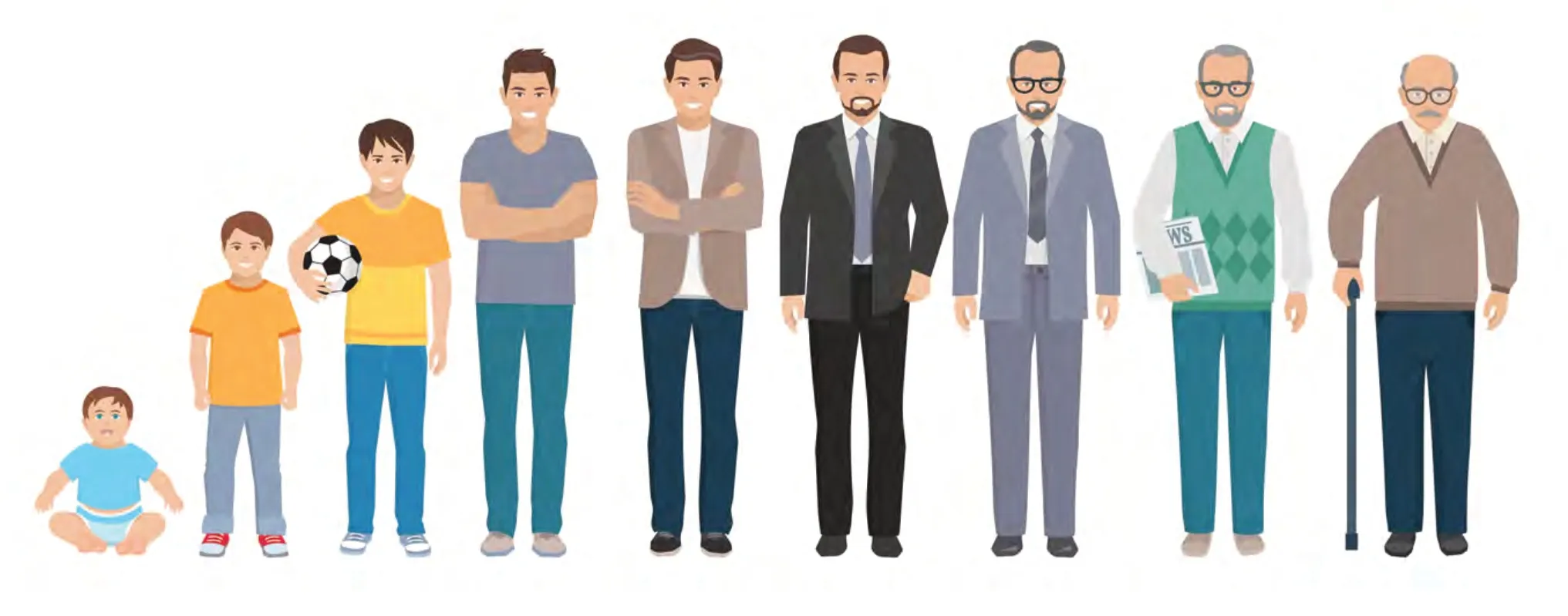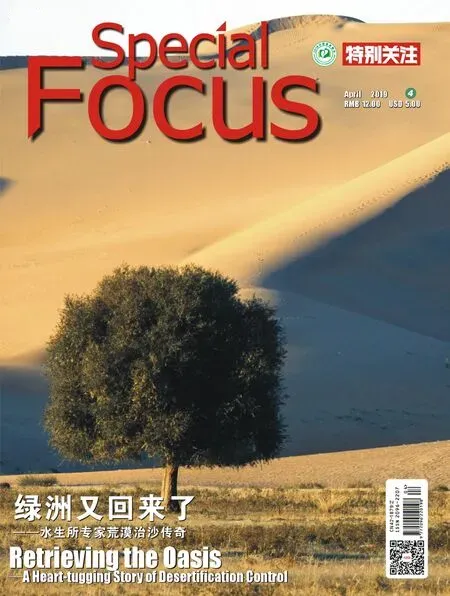When You Live to the Age of 100
By Chen Yan
With improvements in medical care,diet,and living conditions,it is estimated that most people will be able to live to the age of 80,or even 100,in the future. In Japan,people are already preparing for a society with the average life expectancy of 100 years.
In its 2019 budget,the Japanese government has set aside a certain amount of their budgetary spending to meet the requirements of a society with great longevity. This budget would mainly be used on education and training,especially for lectures in the IT field. Although the amount of the budget is so small that it is described as “bird tear” in the Japanese language,the budget itself signifies hope for people after all.
In Japanese society today,it’s common to see a seventysomething taxi driver helping a twenty-something passenger put a heavy suitcase in the trunk. On the contrary,a taxi driver in his thirties or forties is quite rare. In this country,one can keep on driving their taxi as long as they are willing and healthy,even if they are over 80 years old.
I once talked to a taxi driver who was formerly a civil servant,traveling around the town and visiting one household after another every day. After he retired at the age of 60,he had nothing to do and took on the career of taxi driver. Japanese civil servants usually have good pensions,so they don’t have to do this for a living. It’s more likely that they are working out of enthusiasm for driving and for being out and about. A job driving a taxi enables them to see and communicate with different people,giving them access to a different life.

In 2018,I went to visit an old gentleman in a nursing home in Kyoto,who was 107 years old and had just moved there recently. I contacted him beforehand to find an appropriate time to meet. Prior to our meeting,the gentleman had read all the relevant newspapers he could get hold of,and prepared a dozen questions to discuss with me. Looking at him in his wheelchair,listening to his questions and views on related issues,all I saw was a respectable lifelong learner.
From the taxi driver to the gentleman in Kyoto,we can see the changes in Japanese society.
First of all,it is quite common for people over the age of 60 to continue working in Japanese society.
Secondly,if a person has to work until the age of 70 or 75,that is more than 50 years after their graduation from university. People don’t usually do just one single job throughout their whole life. Age 60 might be a transitional point,when people might change jobs because of retirement or purely out of interest and initiative,since 50 years can be divided into two parts,with the first half spent doing one job and the second on another based on individual choices.
Thirdly,one should have as many interests and friends as possible,so that one can be more proactive in job transitions and more able to find a job that he or she is willing to do and keep on doing. Typically when a person graduates from school,they find a job immediately,then get married and have children,living a full and tense life until their middle age. When their children graduate from college,their life is usually relatively easier and more relaxed,then the purpose for work might also change from making a living to realizing a dream.
Many Japanese people would divide their lives into four seasons: the first season is puberty,which stops when they graduate from college; the second season is the first phase of their prime time,which lasts about 30 or 40 years and stops when they retire; the third season is the second phase of their prime time,which is the years after their retirement,from age 60 to age 75,or even 80; the last season is old age,during which one loses their ability to work,or even to live independently. The longer the second phase of their prime,the shorter their old age is,and the more fulfilling their life will be.
As a result,age 50 is the middle line of one’s life,when one needs to carefully think and plan for their future life.
(FromWorld View,Issue 3,2019. Translation: Lu Qiongyao)


